Super foods are the talk of the town in the wellness world with berries and avocado taking center stage in most media. However, one super food you may not know as much about is spirulina. Read below to learn about this plant-based superfood and how you can add it to your wellness routine today.
What is Spirulina?
Spirulina is a blue-green alga that has been a food source for centuries and is chock full of nutrients including (1):
- 60-percent protein content
- Good source of the antioxidant beta-carotene
- A good source of gamma linolenic acid, which is an essential fatty acid
You can find spirulina in a powdered form as well as in tablets and capsules. Spirulina powder is typically seen in energy bars and smoothies as a dietary supplement.
This super plant-based food is a great protein supplement for those following vegetarian or vegan diets. Also, due to its antioxidant content, it’s great for anyone trying to reduce inflammation and reduce chronic disease risk.
According to health experts, one tablespoon of spirulina contains about (2):
- 20 calories
- 02 grams protein
- 67 grams carbohydrate
- 54 grams fat
- 95 milligrams potassium
- 73 milligrams sodium
- 14 milligrams magnesium
- 2 milligrams iron
- Small amounts of calcium, phosphorus, thiamine, riboflavin, niacin, folate, and vitamins A, B-6, C, and K
Benefits of spirulina
Spirulina is a super food due to its multiple potential health benefits. A study review in 2018 shows that spirulina can help improve health markers such as lipid, glucose, and diastolic blood pressure (3).
Also, a 2020 study review reveals that spirulina may help reduce body fat, waist circumference, body mass index and appetite (4). Not to mention that spirulina may help improve blood lipids.
How to eat spirulina
The taste of spirulina on its own can have a subtle savory sea vegetable flavor which may not be pleasing to the palate for some on its own (5). Therefore, you’ll often find it in recipes that contain lots of fruit and fruit juices to provide the spirulina health benefits while masking the flavor.
One spirulina recipe you can try that is quick and easy is this fruity spirulina smoothie. Follow the steps below for a delicious superfood beverage to add to your routine today.
Spirulina Fruity Superfood Smoothie recipe
- Dice one small banana (about 6 inches long) and combine with ½ cup frozen strawberries, ½ cup diced pineapple, 1 cup nonfat plain Greek yogurt (or yogurt of your choice), and 1 teaspoon of spirulina powder.
- Blend on medium speed in a blender for about 30 seconds until smooth.
- Feel free to add a teaspoon or two of honey for extra sweetness. You can also add another teaspoon of spirulina if you choose, but keep in mind that the more spirulina powder you put in, the more likely the savory flavor will reveal itself.
Nutrition info for this recipe (using nonfat plain Greek yogurt):
298 calories, 26 grams protein, 51 grams carbohydrate, 6 grams fiber, 1 gram fat
Final note on spirulina
If you’re looking for a new superfood to add to your wellness routine, then spirulina may be your answer. This plant-based alga is a good source of antioxidants and protein that tastes great mixed with fruit smoothies and yogurt dishes. And if you prefer, try a capsule or tablet to consume your daily dose of spirulina in a convenient way anytime of day.
References:
- Harvard Health Publishing Harvard Medical School (updated April 11, 2019) “By the way, doctor: Is spirulina good for you?” https://www.health.harvard.edu/staying-healthy/by_the_way_doctor_is_spirulina_good_for_you
- Medical News Today (last reviewed on April 23, 2020) “What are the benefits of spirulina?” https://www.medicalnewstoday.com/articles/324027#losing-weight
- Huang, H., Liao, D., Pu, R., & Cui, Y. (2018). “Quantifying the effects of spirulina supplementation on plasma lipid and glucose concentrations, body weight, and blood pressure. Diabetes, metabolic syndrome and obesity: targets and therapy,” 11, 729–742. https://doi.org/10.2147/DMSO.S185672
- DiNicolantonio, J. J., Bhat, A. G., & OKeefe, J. (2020). “Effects of spirulina on weight loss and blood lipids: a review.” Open heart, 7(1), e001003. https://doi.org/10.1136/openhrt-2018-001003
- Chaey, C. (May 15, 2015) “All About Spirulina, the Smoothie-Boosting Superfood of the Sea.” https://www.bonappetit.com/test-kitchen/ingredients/article/spirulina


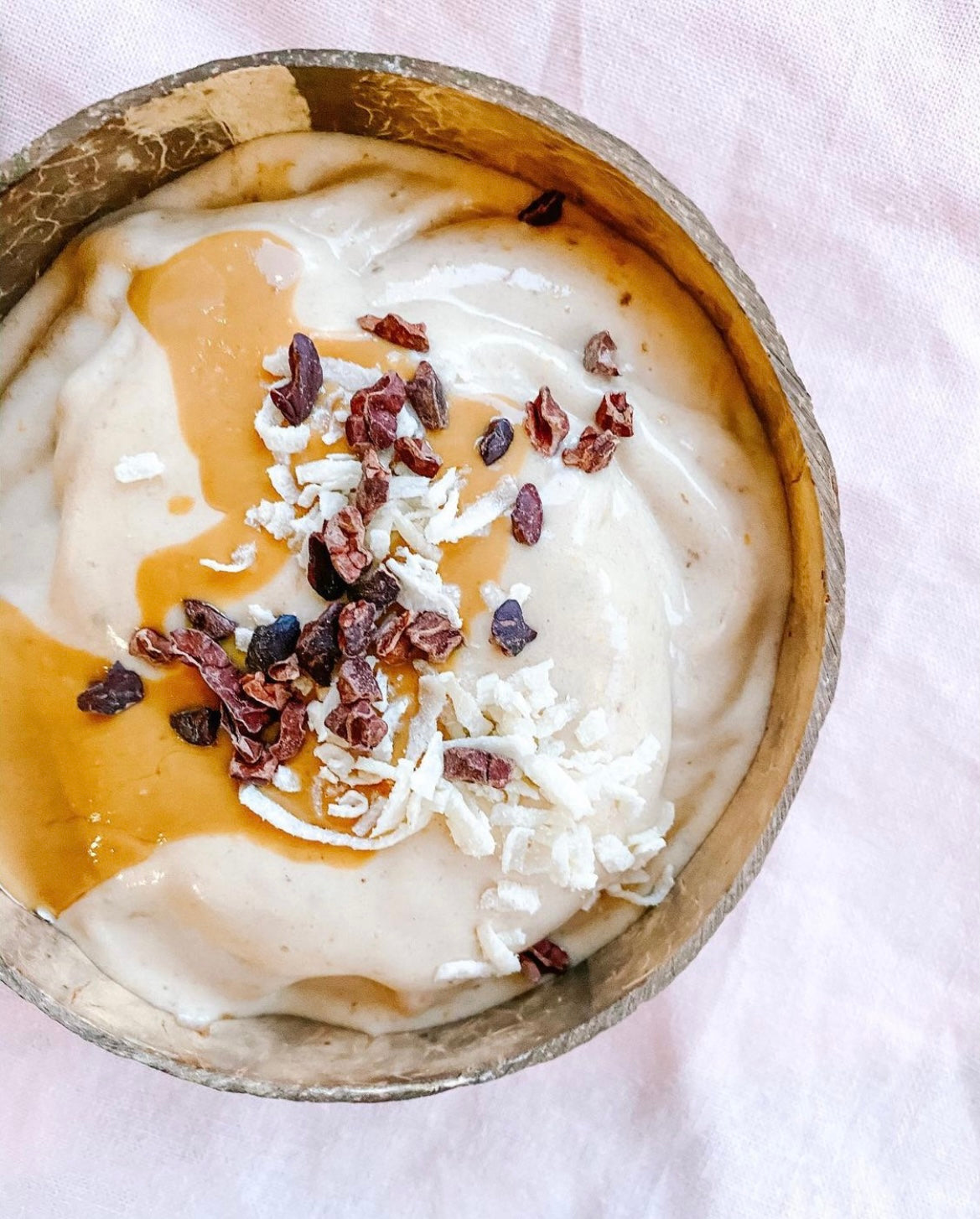
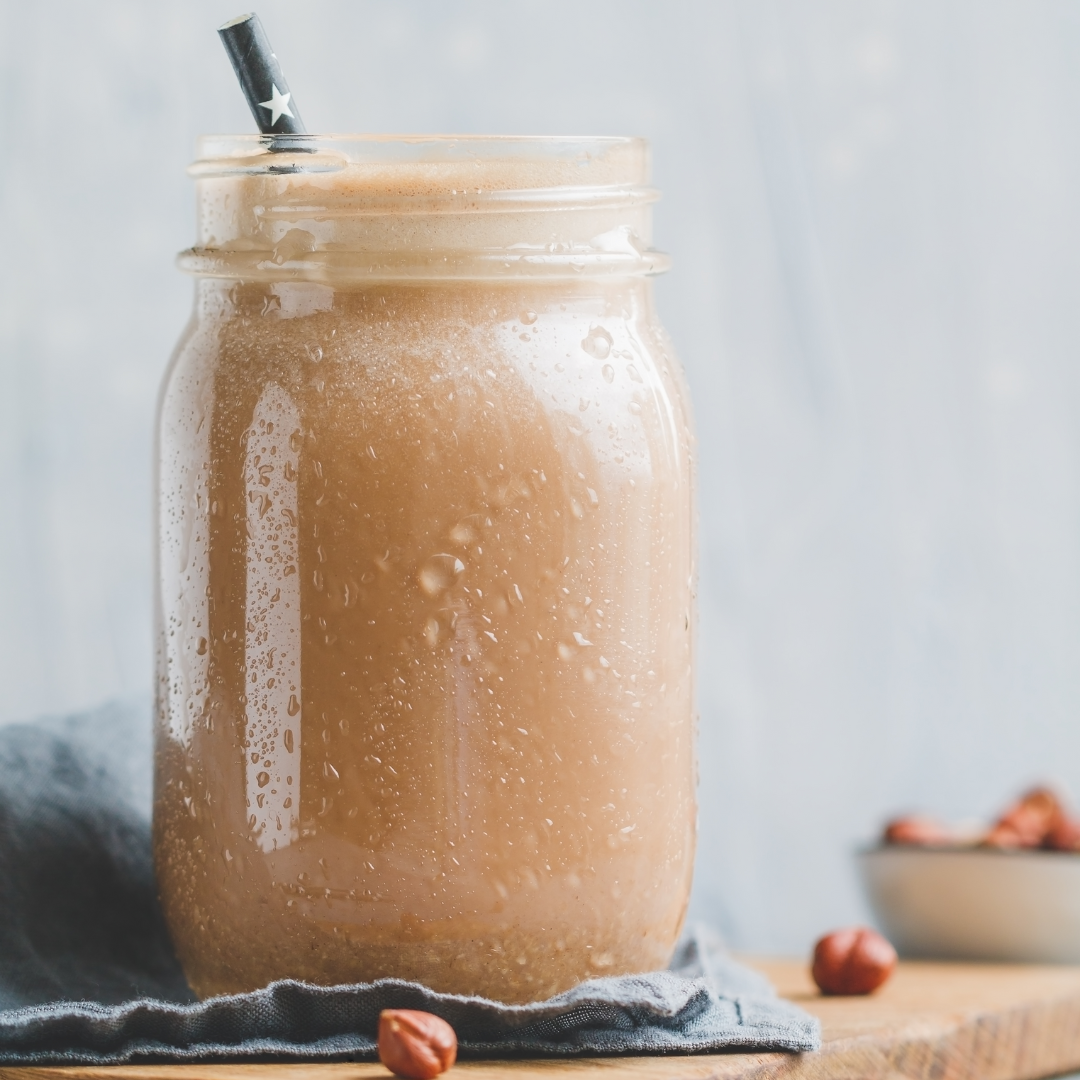
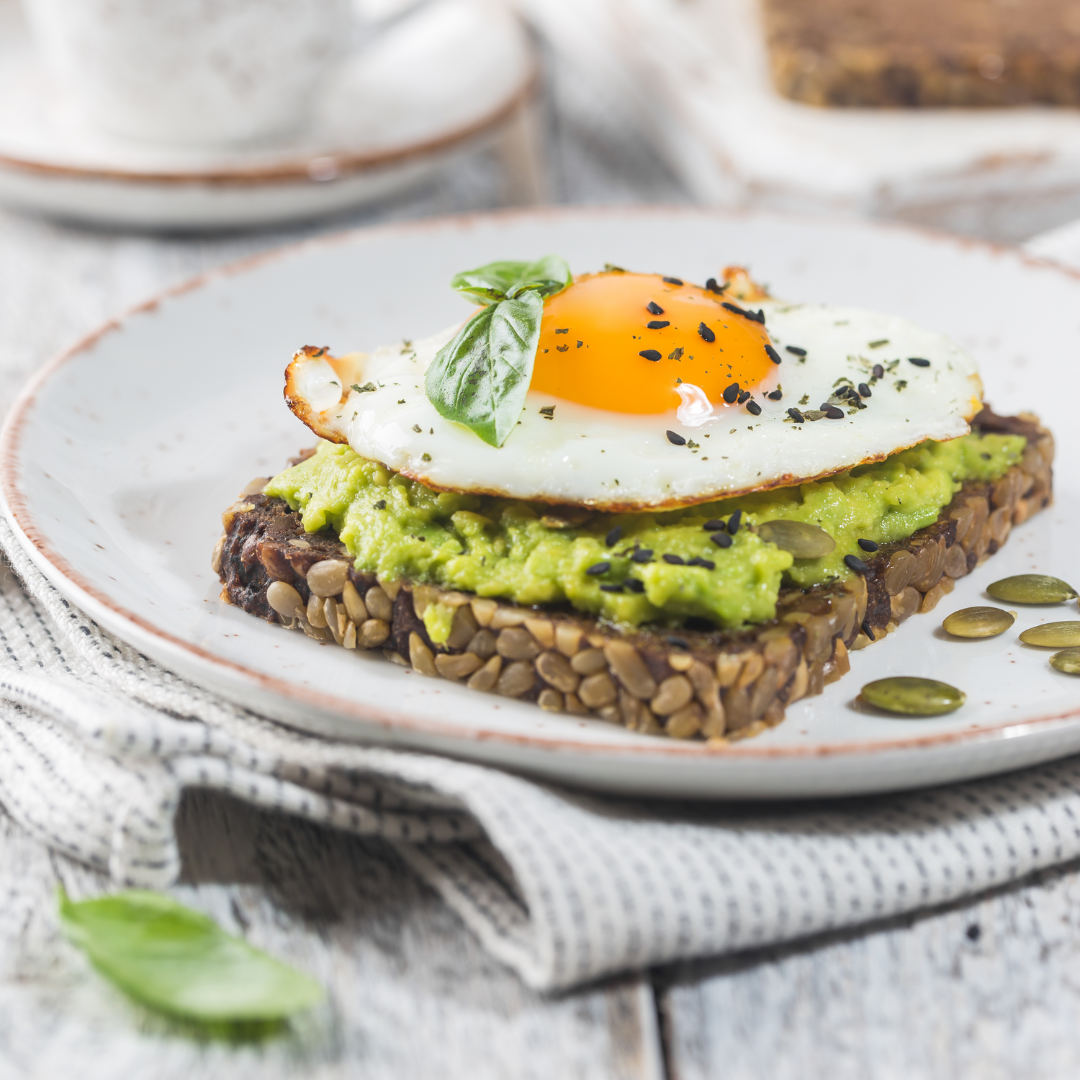
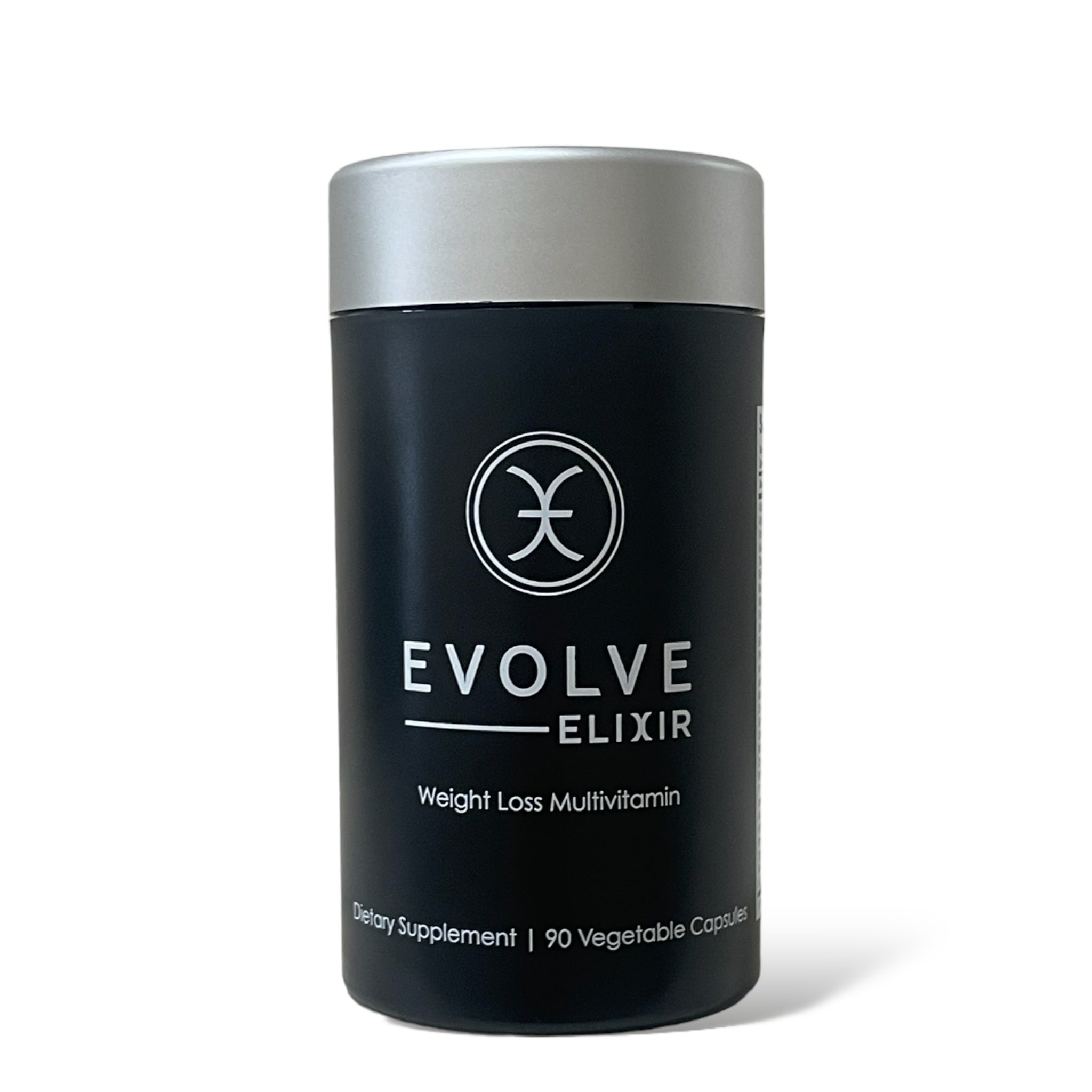
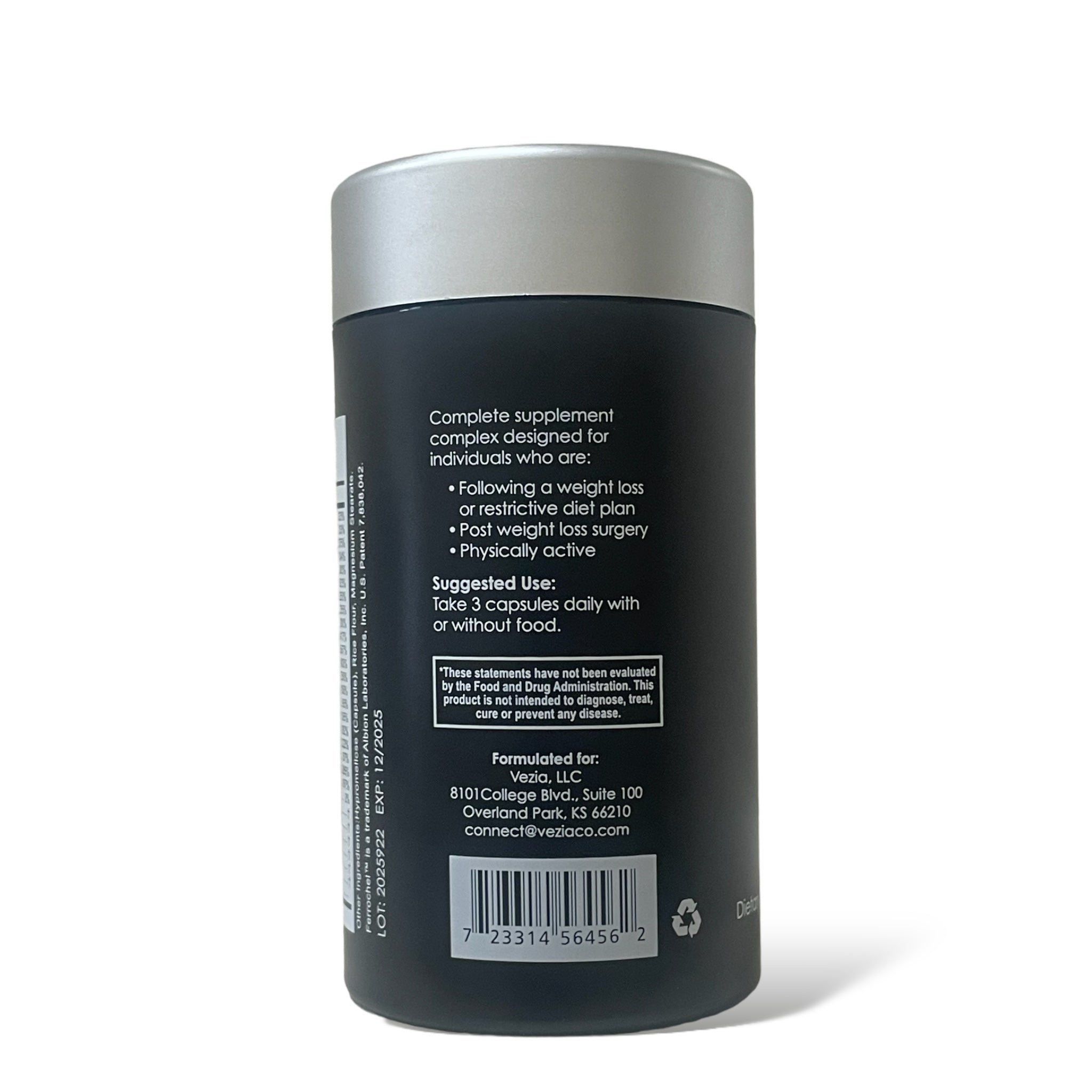
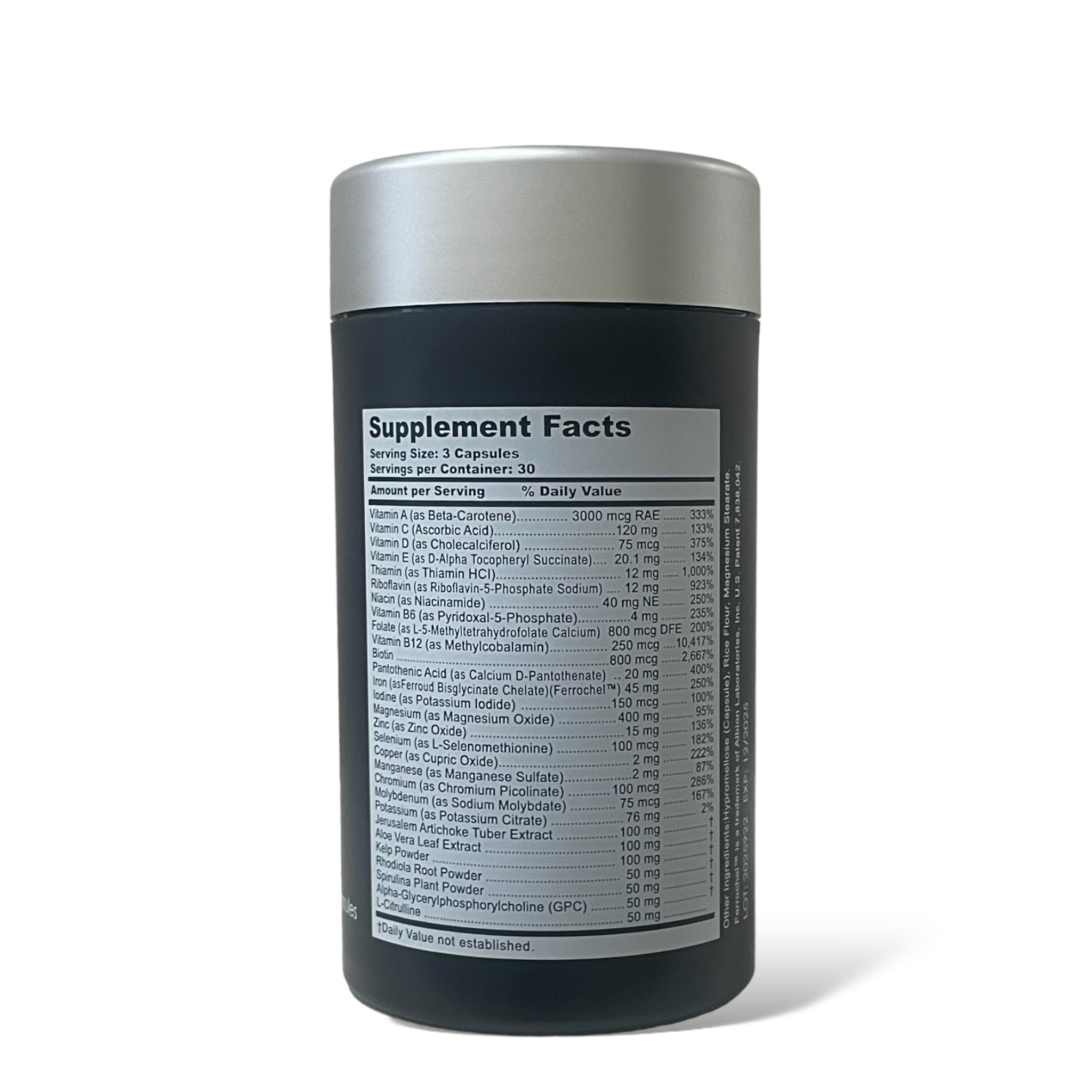
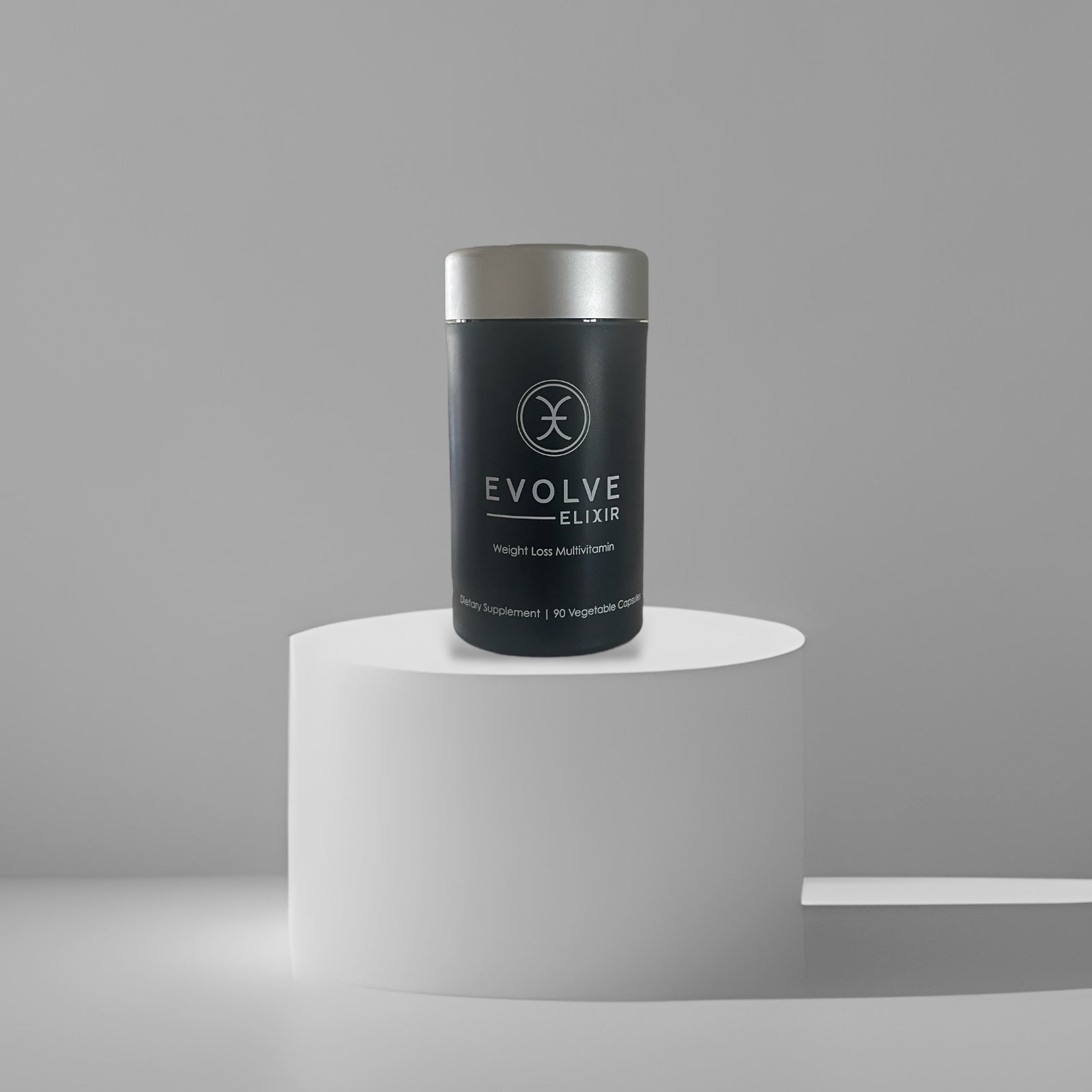
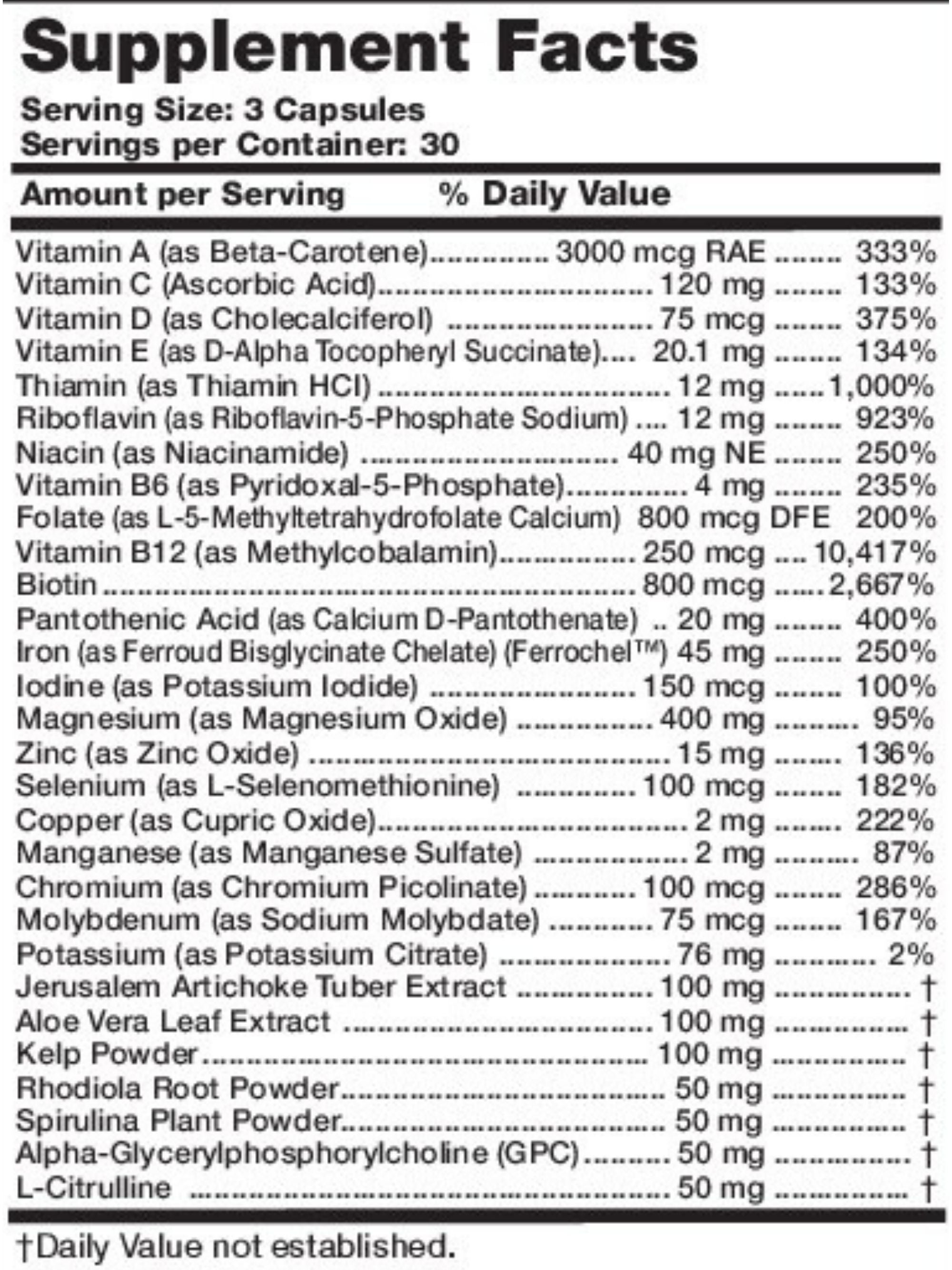
Leave a comment
This site is protected by hCaptcha and the hCaptcha Privacy Policy and Terms of Service apply.